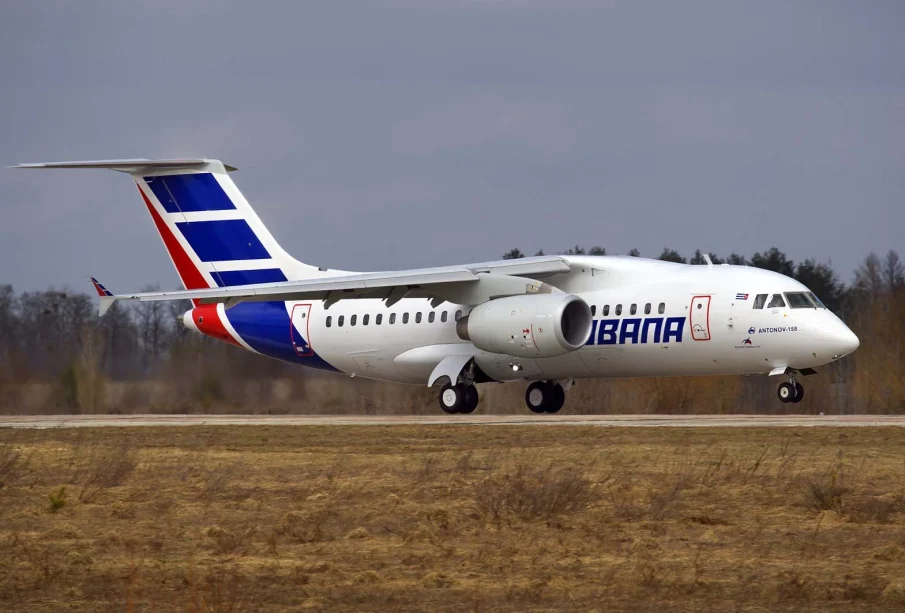The Evolution of Commercial Planes: A Look into Air Travel

Introduction
The development of planes has fundamentally transformed global travel, connecting continents and cultures. As air travel continues to grow in popularity, understanding the evolution of commercial planes is crucial to appreciating their impact on society and the economy.
Historical Background
Commercial aviation began in the early 20th century, with the first scheduled passenger flight taking place in 1914. The introduction of the Douglas DC-3 in the 1930s marked a significant milestone as it could carry both passengers and cargo efficiently, setting the stage for modern air travel.
Advancements in Technology
Over the decades, advancements in aviation technology have dramatically improved safety, efficiency, and comfort. The introduction of jet engines in the 1950s revolutionised air travel, drastically reducing flight times. Aircraft such as the Boeing 747, introduced in 1970, epitomised this change, offering larger capacities and routes previously deemed impractical.
Current Trends
As of 2023, the aviation industry continues to evolve with a focus on sustainability and efficiency. Companies are investing in more fuel-efficient aircraft and exploring alternative fuels to reduce their carbon footprint. Notably, Airbus and Boeing are engaged in a competitive race to develop the next generation of eco-friendly planes. In response to growing environmental concerns, new aircraft designs, such as the Airbus A220 and the Boeing 787 Dreamliner, have showcased lighter materials and better aerodynamics.
Future of Air Travel
Looking ahead, the future of commercial planes may see even further advancements. Innovations such as electric and hybrid planes are on the horizon, promising to change the landscape of air travel again. The integration of artificial intelligence in air traffic management and navigation systems also offers the potential for enhanced safety and efficiency.
Conclusion
The evolution of planes has been marked by significant technological advancements that have reshaped how we travel. As we move into a future focused on sustainability and efficiency, the industry’s ability to innovate will be critical in meeting global travel demands. For travellers, understanding these changes not only enhances their appreciation of air travel but also highlights the importance of supporting eco-friendly advancements in the aviation sector.









